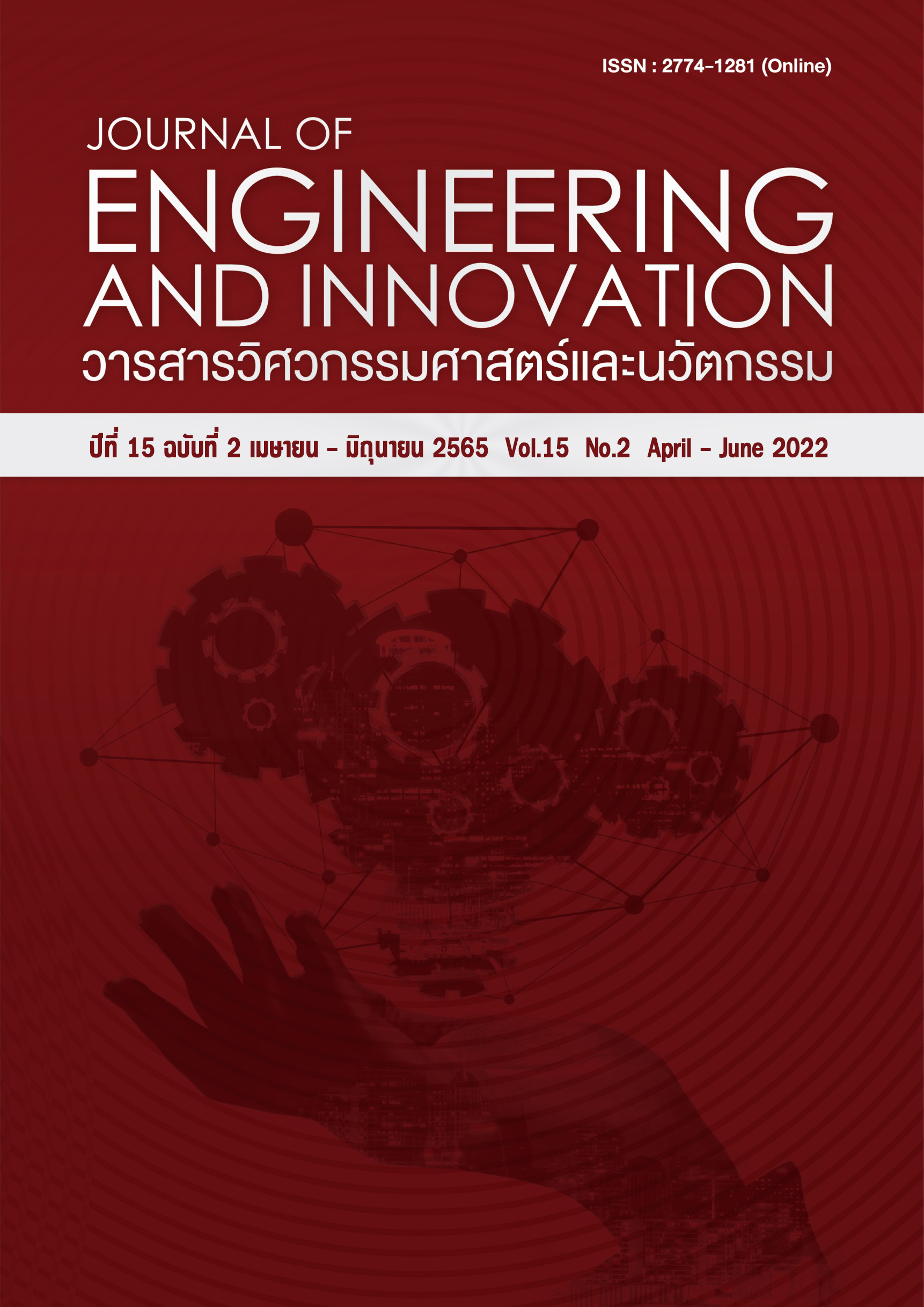Assessment of power system loading and zonal to zonal power transfer capability with repeated power flow calculation technique
Main Article Content
Abstract
This article presents assessment of power system loading and zonal to zonal power transfer capability with repeated power flow calculation technique under consideration violation limits of system control. The aim of this technique is capability assessment of power system to support load and generation changing include defining critical areas to improve the power system stability. The assessment in this study is defined in 3 case studies. The first case study is the capacity assessment for support the increase of the load in the system while the generation capacity is stable. The second case study is the capacity assessment for support the decrease of the load in the system while the generation capacity is stable and the last case study is the capacity assessment for support the decrease of the generation in the system while the load is stable. This study uses the Thailand power system for base case system to present the techniques and process for the capacity assessment of the large power system. The base case system has total generation capacity 27,443.75 MW, total load in the system 26,848.58 MW and the total power loss 595.17 MW. The violation limits of the system for the assessment are set the voltage at 0.90-1.10 p.u. and the loading percentage of the power transfer equipment at 105 percent. The Thailand power system in this study is divided into 7 subsystems, which the results are shown the capacity to support power system loading and zonal to zonal power transfer in each subsystem. The study results have found that the Northeastern power system or area 2 is able to handle the least loading and have less zonal to zonal power transfer capability than other systems. Also, the study results can identify the critical voltage areas and the congestion areas which is important data to improve the power system stability.
Article Details
References
Althowibi FA, Mustafa MW. Power system voltage stability: Indications, allocations and voltage collapse predictions. International Journal of Advanced Research in Electrical, Electronics and Instrumentation Engineering. 2013;(2): 3138-3152.
Ravindra S, Reddy VCV, Sivanagaraju S. Power system severity analysis under generator outage condition. International Journal of Advanced Research in Electrical, Electronics and Instrumentation Engineering. 2015; (4).
Shu Y, Tang Y. Analysis and recommendations for the adaptability of China’s power system security and stability. Relevant Standard (CSEE) Journal of Power and Energy Systems. 2017; 3(4).
Chompoo-inwai C, Yingvivatanapong C, Faungfoo P, Lee WJ. Transmission congestion management during transition period of electricity deregulation in Thailand. IEEE Transaction on Industrial Application. 2007;43(6): 1483–1490.
Yu F, Booth C, Dysko A, Hong Q. Wide-area backup protection and protection performance analysis scheme using PMU data. International Journal of Electrical Power and Energy Systems. 2009; 630-641.
Wannoi C, Khumdee A, Wannoi N, Boonkun C, Chompoo-inwai C/C. An impact study and operation recommendation in peak load period after solar power integration to Northeastern power system in Thailand. The International Conference on Electrical Engineering. Hong Kong. 2015; 446.
Sadiq A, Nwohu M. Evaluation of inter – area available transfer capability of Nigeria 330KV network. International Journal of Engineering and Technology. 2013; 3(2).
Wannoi C, Khumdee A, Wannoi N, Chompoo-inwai C/C. An optimum technique for renewable power generations integration to power system using repeated power flow technique considering voltage stability limit. Procedia Computer Science. 2016;(86): 357 – 360.
Kundur P, Balu NJ, Luuby MG. Power system stability and control. 1994.
Wannoi C, Wannoi N, Boonkhun C, Temiyasathit C, Chompoo-inwai C. A novel transmission line’s ATC assessment method by considering the generation dispatch limit (GDL) and renewable generation capacity with power flow sensitivity analysis. International Journal of Intelligent Engineering and Systems. 2019;12(5): 179-189.
Tella TG, Sitati S, Nyakoe GN. Finding and ranking load bus voltage stability severity indexes due to load reactive power changing using user-defined and modified voltage stability indices. International Journal of Power Systems. 2017;(2): 33-41.

